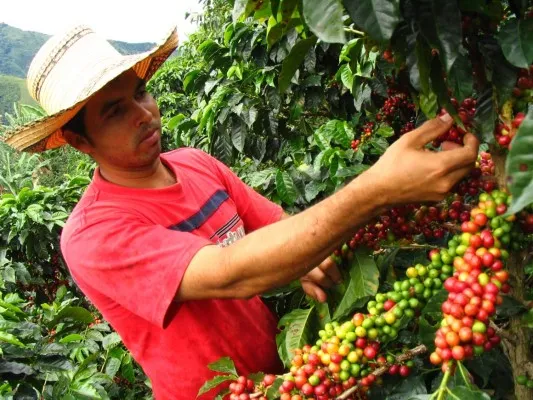El Salvador is taking concrete steps to align its coffee production with the European Union’s Deforestation-Free Regulation (EUDR), which will soon become a key requirement for accessing one of its most important export markets. According to the Salvadoran Coffee Institute (ISC), a pilot program launched in partnership with the International Trade Centre has already registered 47 exporters in the Deforestation-Free Trade Gateway (DFTG). In addition, 282 Salvadoran coffee farms have been identified as traceable origins within the platform, while 14 exporters and 30 producers have submitted official documentation.
The EUDR entered into force in 2023 and was initially expected to be enforced in December 2024. However, the EU granted a transitional period. Large and medium-sized companies must comply by December 30, 2025, while small and micro producers will have until June 30, 2026.
The Salvadoran Coffee Institute emphasized that the initiative aims to ensure full regulatory evidence. “We are working jointly with the Ministry of Environment and Natural Resources to establish procedures for issuing deforestation-free certificates to coffee farms,” the institution stated in its latest annual report.
Europe remains a key destination for Salvadoran coffee exports. During the 2024–2025 cycle, 26.6 percent of total exports were shipped to European markets at an average price of $302.62 per quintal, higher than the average received in North America. Data from the Central Reserve Bank shows that Belgium alone purchased $20.2 million worth of Salvadoran coffee between January and September 2025, followed by Germany with $8.02 million and Italy with $7.1 million.
Images are for reference only.Images and contents gathered automatic from google or 3rd party sources.All rights on the images and contents are with their legal original owners.

